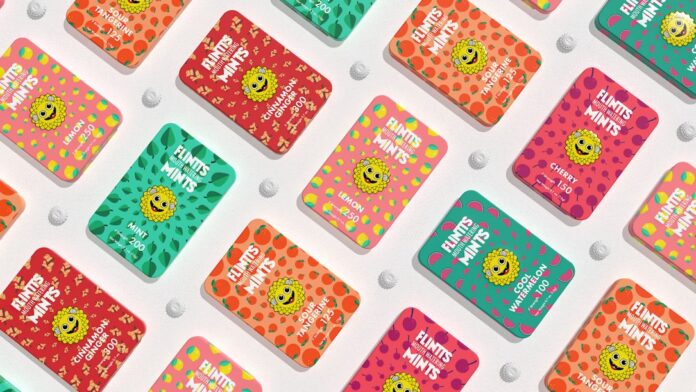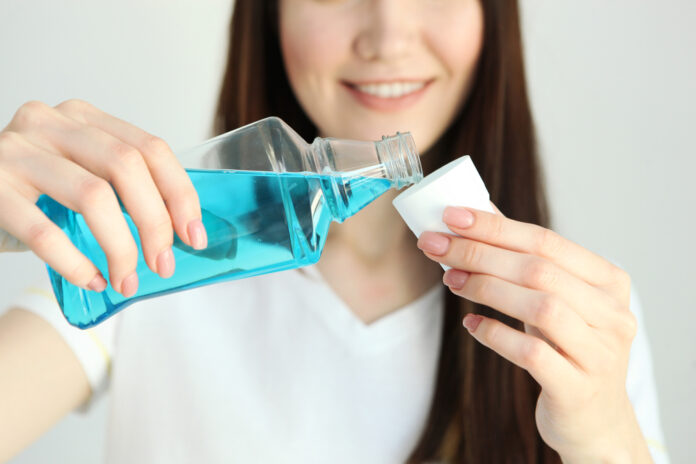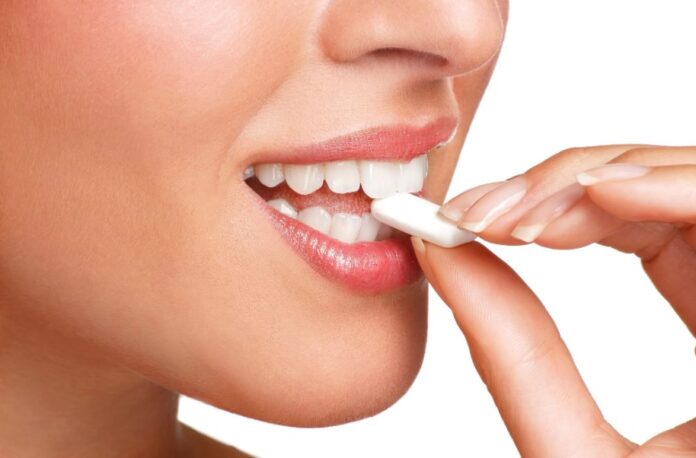Confidence comes from knowing you’re at your best, but concerns about oral odors can hold you back. This guide focuses on actionable steps to help you maintain oral hygiene and feel fresh in any situation.
Whether it’s your daily routine or quick fixes on the go, you’ll find everything you need here.
Start with the Basics ─ Brushing and Flossing
Brushing is essential, but doing it incorrectly can leave bacteria and food particles behind. Ensure you:
- Use fluoride toothpaste to strengthen enamel.
- Brush for two minutes, covering every surface of your teeth.
- Angle your brush toward the gumline to clean where plaque builds.
Flossing complements brushing by reaching spaces that bristles can’t. Invest in high-quality floss or floss picks for convenience.
Pro tip ─ If flossing feels tedious, try a water flosser. It’s effective, especially if you have braces or tight gaps.
Practical example ─ After a heavy meal, floss before bed to remove trapped particles, preventing odors overnight.
Why Hydration Matters


A dry mouth invites bacteria to thrive, creating odors. Saliva acts as a natural cleanser, so staying hydrated keeps your mouth healthier.
- Drink water consistently throughout the day.
- Avoid dehydrating beverages like coffee or alcohol, which worsen dryness.
- Use xylitol-based gum to stimulate saliva when hydration isn’t an option.
Key benefits of hydration:
- Reduces odor-causing bacteria.
- Promotes saliva flow for natural cleaning.
- Improves digestion, indirectly preventing oral smells.
Pro tip ─ If plain water feels boring, infuse it with cucumber or lemon for flavor while promoting hydration.
Get Serious with a Tongue Scraper
Your toothbrush can only do so much. A tongue scraper removes the bacteria, dead cells, and food debris that settle on your tongue’s surface.
Why you need one:
- Reduces up to 90% of odor-causing bacteria.
- Improves your sense of taste.
- Complements your brushing and flossing routine.
Use the scraper after brushing. Start at the back of your tongue and gently move forward, rinsing the scraper between strokes.
Practical example ─ Use a tongue scraper after meals to reduce buildup from flavorful foods like curry or garlic.
Sugar-Free Mints ─ Your Portable Ally


Mints aren’t just about masking odors; the right ones can help improve oral health. Look for mints with xylitol, a natural sweetener that fights bacteria.
Top recommendations:
- Carry sugar-free mints from mouthwateringmints.com for a quick refresh and hydration boost.
- Avoid sugary alternatives, which worsen odors by feeding bacteria.
- Use mints after meals when brushing isn’t an option.
Key benefits of sugar-free mints:
- Instant freshness when you’re on the go.
- Prevents dryness with saliva stimulation.
- Neutralizes unpleasant smells from food or beverages.
Foods to Avoid Before Social Moments
Some foods leave lingering smells that even brushing won’t immediately remove. Common culprits include:
- Garlic and onions ─ Sulfur compounds linger in the bloodstream.
- Fish ─ Can cause lasting odors due to oils.
- Spicy foods ─ Increase sweating and contribute to oral smells.
Better alternatives:
- Apples ─ Naturally clean teeth and freshen your mouth.
- Carrots ─ Their crunch helps remove trapped food particles.
- Green tea ─ Acts as a mild antibacterial agent.
Practical example ─ Before a date or meeting, snack on an apple to cleanse your mouth and feel refreshed.
Incorporate Herbs for Natural Neutralizers


Herbs like parsley, basil, and mint aren’t just for flavor—they actively combat oral odors. Their chlorophyll content works as a natural deodorizer.
How to use herbs:
- Add chopped parsley to salads or sandwiches.
- Chew on a fresh basil leaf after meals for an instant cleanse.
- Brew mint tea for a soothing, odor-neutralizing drink.
Pro tip ─ Keep a small herb garden at home. Not only do they improve your diet, but they’re a great backup for oral freshness.
Don’t Underestimate Professional Dental Care
You might brush and floss daily, but a dentist provides deeper cleaning that removes stubborn plaque and tartar. Neglecting visits allows gum disease or cavities to worsen, both of which lead to unpleasant smells.
What to expect during a visit:
- Deep cleaning that removes bacteria below the gumline.
- Assessment of cavities, infections, or hidden problems.
- Recommendations for specific products or techniques tailored to your needs.
Pro tip ─ Schedule visits every six months to stay ahead of potential issues and maintain optimal hygiene.
Antibacterial Mouthwash ─ A Simple Upgrade


Using mouthwash isn’t just an afterthought—it’s a powerful tool for killing bacteria. Antibacterial options go beyond temporary freshness by targeting the root cause of odors.
Best practices for use:
- Rinse for 30 seconds after brushing and flossing.
- Choose alcohol-free formulas to avoid dryness.
- Look for ingredients like chlorhexidine or cetylpyridinium chloride for maximum effect.
Key benefits:
- Reaches areas your brush can’t.
- Reduces bacteria by up to 99%.
- Leaves a clean, confident feeling.
Dig Deeper ─ Diet and Digestive Health
Your oral health reflects your internal health. Poor digestion can lead to gases that escape through your mouth. Addressing your diet can resolve underlying causes.
Steps to improve digestion:
- Include probiotics like yogurt or kefir in your diet to balance gut bacteria.
- Limit sugar and processed foods, which disrupt digestion.
- Drink herbal teas, such as chamomile or peppermint, to calm your stomach.
Practical example ─ If you notice persistent odors, evaluate your meals. Heavy or greasy foods may be contributing to the problem.
Quick Tips for Confidence on the Go


You won’t always have time for a full routine, but small habits make a big difference.
- Keep sugar-free mints or gum in your bag.
- Use a travel toothbrush after eating when possible.
- Rinse with water after coffee or wine to reduce residue.
- Chew on a piece of parsley or mint if you’re out of options.
- Carry a small bottle of mouthwash for emergencies.
Natural Solutions That Work
If you prefer home remedies, here are some tried-and-true options:
- Baking soda ─ Sprinkle on your toothbrush for a neutralizing effect.
- Lemon water ─ Start your day with a glass to stimulate saliva and cleanse your system.
- Green tea ─ Its antibacterial properties reduce oral bacteria and leave a mild, pleasant scent.
Pro tip ─ Rotate between natural remedies and store-bought products for the best of both worlds.
Conclusion
Achieving long-lasting confidence in your oral health doesn’t require drastic changes. By following these practical tips products, you can feel confident in any situation. Focus on consistent habits, regular dental visits, and small, portable solutions to maintain your best self. Don’t let concerns about oral hygiene hold you back—own your confidence, one smile at a time.







